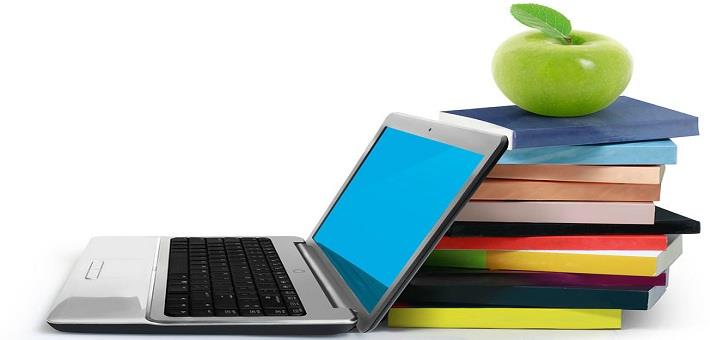
Using Computers for non-Academic Activities Leads to Better School Grades
Teens’ recreational computer use is often portrayed in the media as having a negative influence on students’ school grades. However, the research literature shows opposite results. This study in Educational Technology Research and Development among almost fourteen thousand high school students shows that using the computer for fun and social purposes improves their school achievements.
Take aways
- Students who use computers for recreational activities (e.g., chatting with friends, sending emails, surfing online, or listening to music) and video games for 1-2 hours a day have better grades for reading and math.
- The effect of recreational computer use is similar to the positive effect of other school-related tasks (e.g., homework, extracurricular activities, and reading at home).
- Stimulating recreational computer use can be an important tool to improve students' school grades.
Study information
The question?
What is the effect of recreational computer use on students’ school grades?
Who?
13,960 high school students (50% girls).The students were mostly European American and most of them came from traditional families (one or both birth parent(s) present at home).
Where?
United States
How?
This study used data from the Educational Study of 2002: a national representative sample of 15,400 students from 750 high schools in the United States. The students were in grade 10 in 2002 and in grade 12 in grade 2004.The current study only included the students with complete on demographic and background data and consisted of 13,960 students. The data set included questions about student attitudes, backgrounds, demographics, and computer activities. Moreover, it also included students’ mean test scores of reading and math in grades 10 and 12.
Facts and findings
- Recreational computer use has a positive effect on students’ school grades in high school.
- Students who used computers for fun (e.g., chatting with friends, sending emails, surfing online, or listening to music) or video games for 1-2 hours a day had better grades for reading and math.
- Students who watched television on weekdays had poorer grades for math and reading in both grade 10 and 12. This can be explained by the fact that the more students spend watching television, the less time is left for studying and sleeping.
- However, watching television on weekends had a positive effect on reading in grade 10.
- Students who came from families which had a computer available at home had better school grades.
- Remarkable fact: the effect of recreational computer use on students’ school achievement was similar to the effect of school-related tasks (e.g., homework, extracurricular activities, and reading at home).
- Critical note: this study does not allow for any conclusions about cause (using computers recreational) and effect (students' school grades). The results only show that there is an association between using computers recreational and better school achievement.